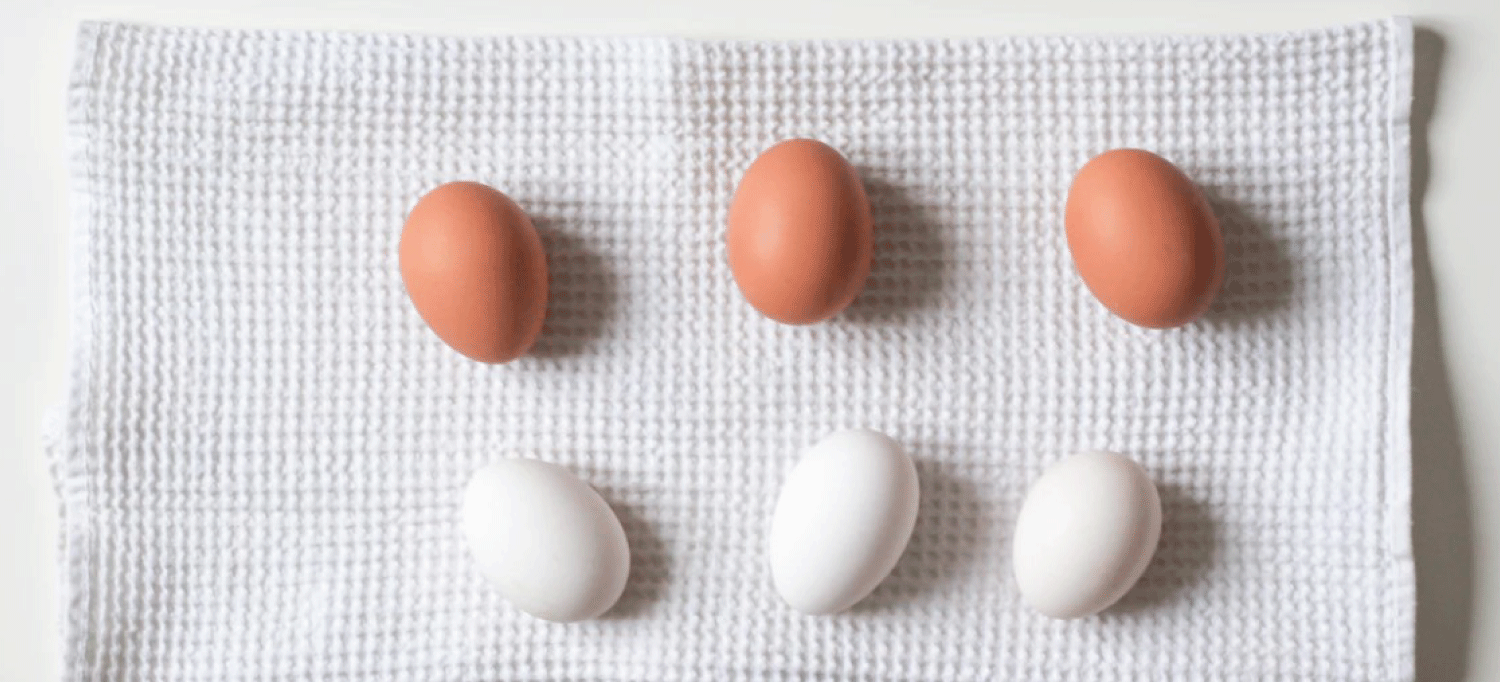Nutritionist Gaye Godkin looks at the role of protein when it comes to conception and pregnancy:
Protein is a macro nutrient and is vital for conception and pregnancy. It is comprised of many amino acids. These amino acids are the building blocks of the body. It is responsible for building and repairing cells, manufacturing hormones and a healthy reproductive function, so its pretty important. The body needs a constant supply of protein which should be consumed at each meal. Naturally, different foods have different levels of protein.
Protein from certain foods are more bio-available than other foods. There are 22 amino acids within the protein family. The key to getting good quality protein is to consume proteins from all groups to give the body the diversity it requires. protein provides your body with energy, which is more important than ever when trying to conceive.
The preparation for a healthy conception begins on day 1 of a woman’s period. This is when the womb begins to prepare itself for possible implantation that month. starting with menstruation. There are certain nutrients that are specifically required during this time. Key amongst these is protein, foods rich in iron, B vitamins, vitamin C and antioxidants are also required.
After the period, the follicular phase begins, this is the stage where the body is working to develop follicles. This stage is reliant on sufficient protein intake for creating the release of the egg. Ovulation occurs mid-month and the body requires lots of energy and nutrients to release the egg. Finally upon conception, the womb is flooded with hormones signalling the arrival of the fertilised egg. The lining of the womb needs to be nutrient rich to accept and support the fertilised egg. The final stage is implantation. Once the egg is implanted into the womb, it begins to grow rapidly, it is hugely reliant on proteins getting into the blood supply in the womb. Cell division is rapidly occurring and cell growth is at its most prolific. There is a lot going on in your body during this time, so its crucial to be eating healthy foods so you feel good and your body has enough energy to complete this process.
Different proteins are required for the production of hormones, cell growth and tissue growth and repair. The foetus is growing rapidly and developing tissue and bones. To optimise your nutritional status at this important time, aim to consume proteins from all groups. Proteins are found in; meat, fish, eggs, dairy products, nuts, seeds, peas, beans, legumes, fruit and vegetables. Aim to increase vegetable protein at this stage and choose a rainbow of colours when using vegetable proteins. Vegetable proteins are particularly nutritious as they are packed full of healthy plant chemicals and antioxidants which support cell health and cell division. A tasty colourful plate of food will do you the world of good!
Gaye Godkin, Health Nutritionist, , MPH Nutrition (Hons) DipNT cNLP

